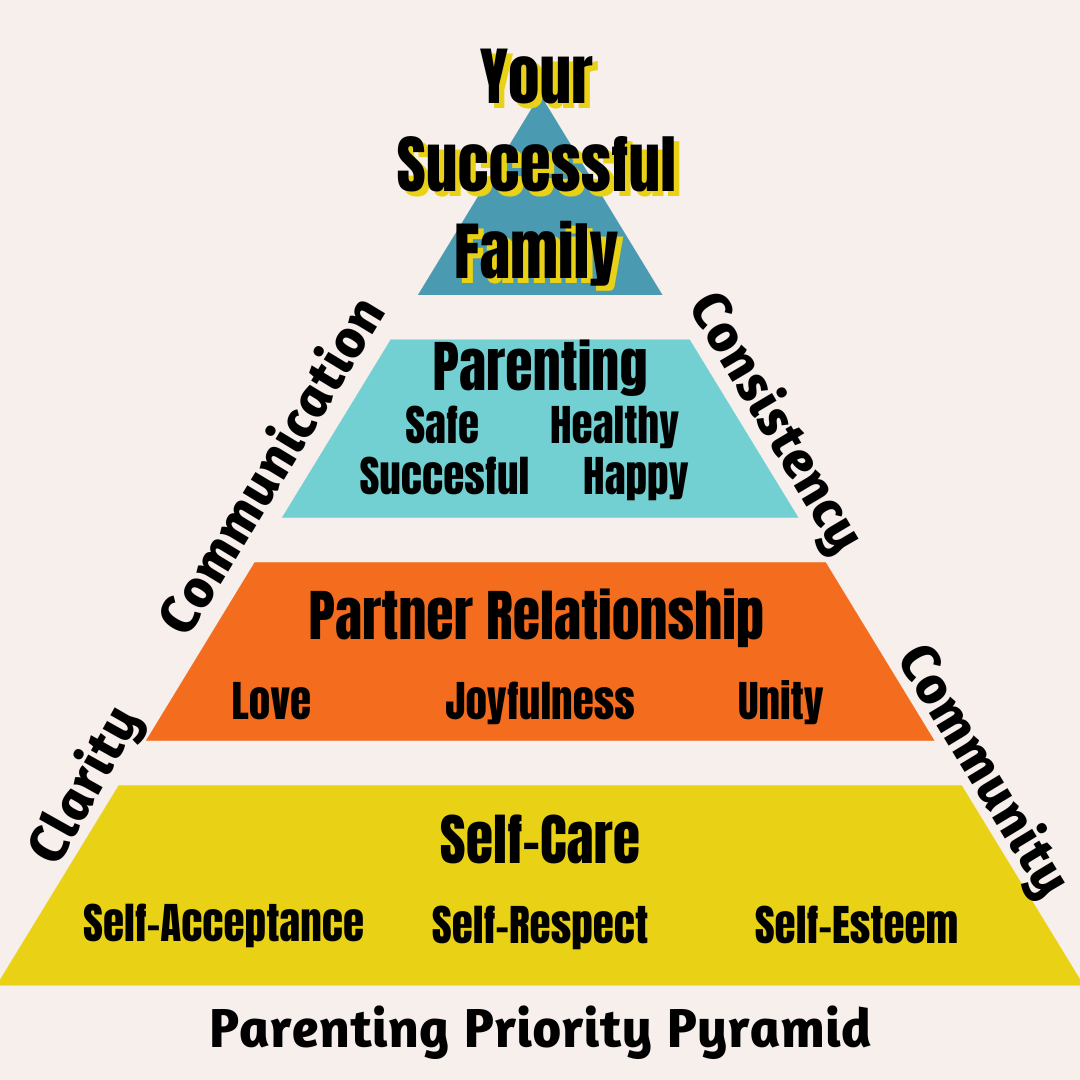
Helping Our Children Grow in Modesty

Confidence Without Boasting,
Appreciation Without Envy
As parents, we want our children to feel confident in who they are and proud of what they accomplish. We cheer for their victories, hang up their artwork, and celebrate milestones big and small. But along the way, we also hope they grow into humble, gracious people—those who can share the spotlight, lift others up, and stay grounded no matter how high they soar.
So, how do we strike that balance? How do we help our kids be proud of themselves without falling into bragging? And how do we encourage them to appreciate others’ success without comparing or feeling less-than?
Let’s walk through some thoughtful, doable ways to instill the virtue of modesty in daily family life.
💬 1. Confidence Isn’t the Enemy of Modesty
First, it’s important to know that modesty doesn’t mean denying or hiding our gifts. Instead, it’s about knowing your worth without needing to prove it to others. We can teach our kids that it’s perfectly okay to say, “I’m proud of this,” while still being respectful and humble.
When your child accomplishes something, praise the effort, the learning, and the positive impact they made—not just the outcome. Try something like:
-
“You showed real persistence on that science project. That’s what made it great!”
-
“You used your gift for storytelling to make us laugh. Thank you for sharing that talent.”
These responses celebrate their success without placing them above others.
🤝 2. Teach the Power of Shared Joy
It’s natural for children to want recognition—and sometimes feel envious when someone else shines. But modesty helps them move from comparison to connection.
Start by naming and noticing others’ strengths out loud:
-
“Your sister is so creative with her drawings, isn’t she?”
-
“I loved how your friend shared his snack with everyone. That’s generosity in action.”
Then, model appreciation of others in your own life. When they hear you say things like, “That was such a great idea your coworker had,” or “I’m learning so much from my friend’s parenting style,” they learn that celebrating others doesn’t take anything away from them.
Encourage your child to offer kind words to others, even simple ones:
-
“That was a great goal you scored!”
-
“You really helped the team today.”
These practices foster a culture of appreciation, where everyone’s success is seen as a win for the group.
🛠 3. Tools to Support Modesty at Home
Here are a few quick ideas you can try this week:
-
The “We All Win” Jar: Keep a family jar where anyone can write down something kind, helpful, or impressive that someone else did. Read a few slips aloud each week and celebrate everyone’s efforts.
-
Reframe Compliments: If your child brags (“I’m the best at math!”), gently guide them with curiosity. “You do work hard in math. What’s something you’re learning lately that excites you?”
-
Model It: If someone compliments you, let your kids hear you say, “Thank you—I’m really grateful I got to be part of that,” or “It was a team effort.”
Modesty isn’t about making ourselves small. It’s about making room for others to shine alongside us. When children learn to embrace their gifts with gratitude and notice the beauty in others’ gifts, they grow into compassionate, grounded individuals who uplift those around them.
And that’s a quiet kind of power that will serve them for life.
Let’s Reflect:
What is one way I can model both confidence and humility for my child this week? How can I invite them to notice and celebrate someone else’s success today?
You’re doing meaningful, heart-shaping work—one conversation, one value, one virtue at a time. Keep going. Your example is the best teacher they’ll ever have.
Joe is a husband, father, grandfather, author, speaker, educator, course creator, and parent/family coach.
He helps parents develop unity, find clarity, communicate, and develop consistency in their parenting with the Four C’s of Successful Families. You can find his work on social media.
In addition, the Four C’s newsletter is enjoyed by many as it encourages parents to self-care, build their relationships with their partners, and raise their children.
And he loves to golf!










